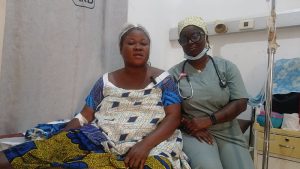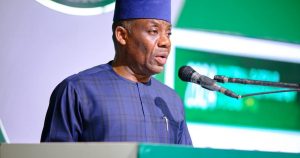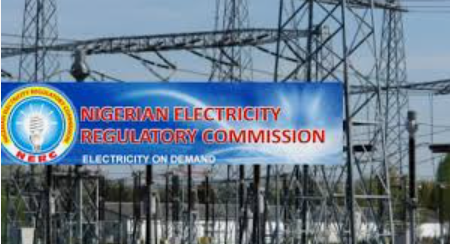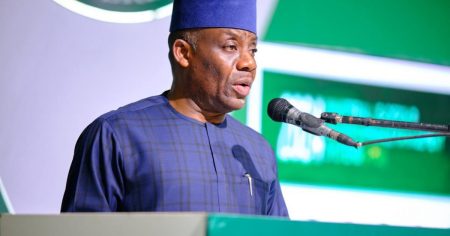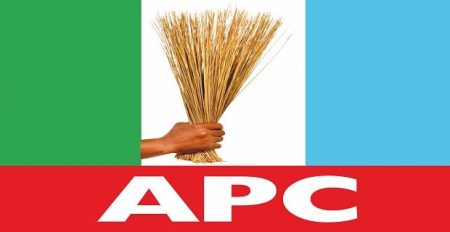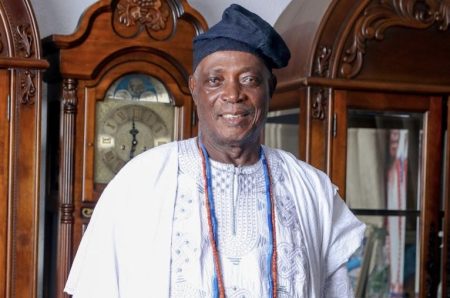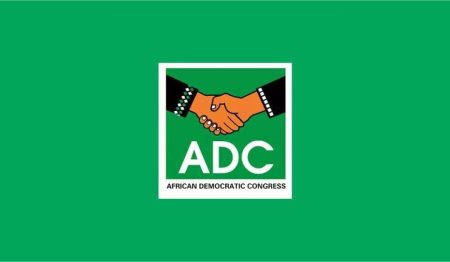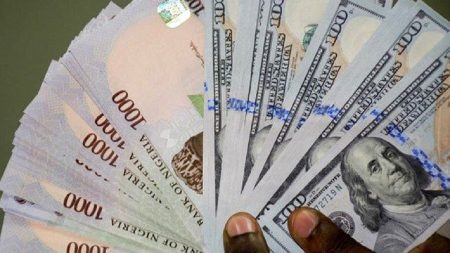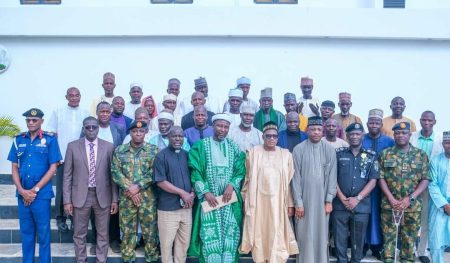Paragraph 1: The Genesis of the Nigerian Electricity Sector Crisis and the Need for Regulatory Intervention
The Nigerian electricity sector has been grappling with a myriad of challenges, primarily revolving around tariff structures and the delineation of responsibilities between federal and state regulators. This ambiguity has fueled a growing conflict between states and electricity distribution companies (DisCos), with both entities vying for the authority to set electricity tariffs. This power struggle has created uncertainty and instability in the market, impacting both consumers and industry players. Recognizing the urgency of the situation, the Nigerian Electricity Regulatory Commission (NERC) convened a crucial two-day stakeholder meeting in Lagos to address these pressing issues and chart a path towards a more sustainable and efficient electricity market.
Paragraph 2: The NERC Stakeholder Meeting: A Platform for Collaboration and Resolution
The Lagos meeting, designated as the third NESI (Nigerian Electricity Supply Industry) Stakeholders Meeting of 2025, served as a pivotal platform for dialogue and collaboration among key stakeholders. Participants included representatives from state electricity regulatory commissions (SERCs) and bureaus (SERBs), DisCos, and other vital industry players. The agenda focused on critical sector reforms, including the complex issues of asset and liability delineation, the transition of regulatory oversight to state-level entities, and the migration of customers to appropriate tariff bands. The meeting underscored the importance of a unified approach to address the challenges and create a more harmonious and functional electricity ecosystem.
Paragraph 3: Delving into the Core Issues: Metering, SubCo Governance, and the Call for a Forum of Regulators
Central to the discussions were the persistent challenges related to metering, a critical component of a transparent and equitable electricity market. Issues surrounding the setup of customer accounts and the governance structures of SubCos (sub-distribution companies) also featured prominently in the deliberations. A significant proposal emerged during the meeting – the establishment of a Forum of Regulators. This forum would serve as a coordinating body to foster collaboration between federal and state regulatory bodies, ensuring consistency and strengthening regulatory oversight across the sector. This initiative aims to streamline regulatory processes and mitigate the conflicts arising from overlapping jurisdictions.
Paragraph 4: The Importance of Asset & Liability Delineation and the Handover Process
The meeting delved into the critical issue of asset and liability delineation, a crucial step in clarifying the responsibilities of different industry players. This process involves clearly identifying and assigning ownership of assets and liabilities within the electricity sector, enabling effective management and accountability. Linked to this was the discussion on the handover of regulatory responsibilities to state-level regulators, a key aspect of the ongoing decentralization efforts. This handover requires careful planning and execution to ensure a smooth transition and maintain regulatory effectiveness at the state level.
Paragraph 5: Customer Band Migration and the Quest for Tariff Equity
Another key agenda item was the migration of customers to appropriate tariff bands. This process aims to ensure that customers are charged tariffs that reflect their actual consumption patterns and contribute to cost-reflective pricing. A well-structured tariff system is crucial for the financial viability of the sector and for ensuring that customers pay a fair price for the electricity they consume. The discussions focused on developing a transparent and equitable tariff structure that balances the needs of consumers with the financial sustainability of the DisCos.
Paragraph 6: The Ongoing Dialogue and the Path Forward for the Nigerian Electricity Sector
While the detailed outcomes of the two-day meeting remain undisclosed as of the time of reporting, the discussions held represent a significant step towards resolving the critical challenges facing the Nigerian electricity sector. The meeting provided a platform for open dialogue and collaboration among key stakeholders, fostering a shared understanding of the issues and potential solutions. The proposed Forum of Regulators holds promise for enhanced coordination and harmonization of regulatory activities, while the focus on asset and liability delineation, customer band migration, and metering challenges underscores the commitment to creating a more transparent, efficient, and sustainable electricity market. The ongoing dialogue and collaboration among stakeholders will be crucial in shaping the future of the Nigerian electricity supply industry and ensuring that it meets the needs of both consumers and industry participants.


